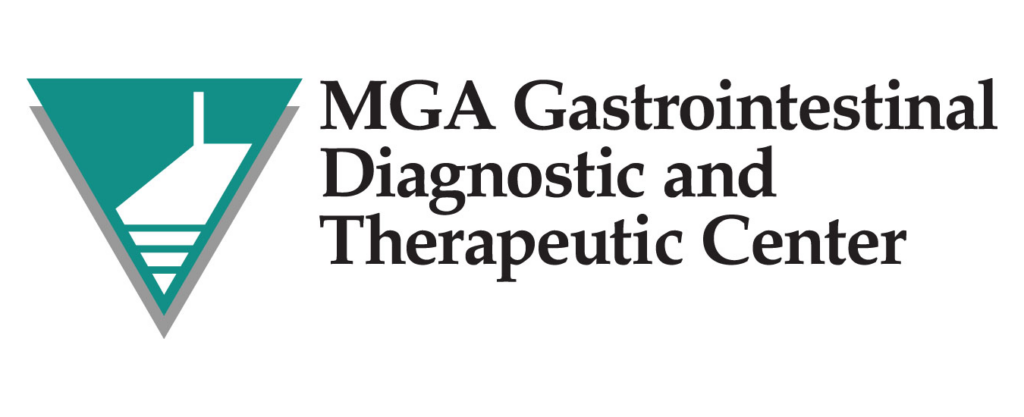What Should I Do if I Have Symptoms of Celiac Disease?

Generally present in certain foods, like wheat, rye, barley, pasta, breakfast cereal, and other carb-rich products, gluten can be a prominent part of a person’s diet. However, for people with celiac disease, ingesting this protein can lead to serious medical concerns. The primary way to treat this condition is to remove gluten from the diet. If you believe you might be suffering from celiac disease, seek out a physician at Metropolitan Gastroenterology Associates to diagnose and care for your health. Our New Orleans, LA team can help you learn about your new diagnosis and help you adjust your life and dietary intake appropriately.
About celiac disease
Characterized as an autoimmune condition, celiac disease is a disorder where ingesting gluten may cause damage to the small intestine. Patients can have celiac disease no matter how old or young they are. Researchers estimate that close to two million individuals in this country have celiac disease and that around two-thirds of them are undiagnosed or improperly diagnosed. If left alone, this disorder may lead to significant digestive health problems.
What are the symptoms of celiac disease?
A patient who has celiac disease might notice any one or more of the following complications after consuming gluten:
- Tooth decay
- Pain, tingling, or numbness in the feet
- Loose bowel movements
- Constipation
- Fainting spells
- Acid reflux
- Abdominal swelling
- Rashes
When you or your loved one are noticing these typical celiac disease symptoms, it is important to contact our New Orleans, LA practice to schedule a consultation with a gastrointestinal (GI) physician. Receiving the best attention can help elevate your total well-being and your digestive health.
How is celiac disease detected?
As a gastrointestinal condition, celiac disease is commonly diagnosed by a gastroenterologist. Your GI doctor could perform one or both of the following two celiac disease tests to detect or rule out this illness:
- A tissue transglutaminase (tTG)-IgA test is a blood exam that is usually effective at detecting this illness.
- An HLA genetic test detects the HLA-DQ8 and HLA-DQ2 genes. Though this assessment won’t identify celiac disease, the absence of these genes in the test results can help to factor out the condition.
The second step in diagnosing celiac disease is to complete an upper endoscopy. Throughout this diagnostic procedure, your GI specialist will check your small intestine for any irregularities by placing a scope with a camera through your esophagus. Endoscopy is typically an easy procedure that is performed as an outpatient service at Metropolitan Gastroenterology Associates.
How is celiac disease taken care of?
Although it is a long-term health concern, celiac disease can be managed by consuming a diet of gluten-free foods. For many individuals who have celiac disease, eating a gluten-free diet can relieve symptoms or even promote the healing of the small intestine. Individuals who have the condition and adapt to gluten-free eating habits often observe improvements to their gastrointestinal tract after a few weeks. Isolating gluten from the diet could seem difficult in the beginning. But through the guidance of a knowledgeable dietitian and a GI doctor at Metropolitan Gastroenterology Associates, individuals in New Orleans, LA who have celiac disease can transform their diet and go on to lead healthy lives.
Get help for celiac disease in New Orleans, LA
In the absence of proper care, having celiac disease could affect your total wellness and change the way you live your life. To discover more about celiac disease and to get expert help with this digestive illness, please reach out to Metropolitan Gastroenterology Associates in New Orleans, LA and schedule a consultation with our team.
